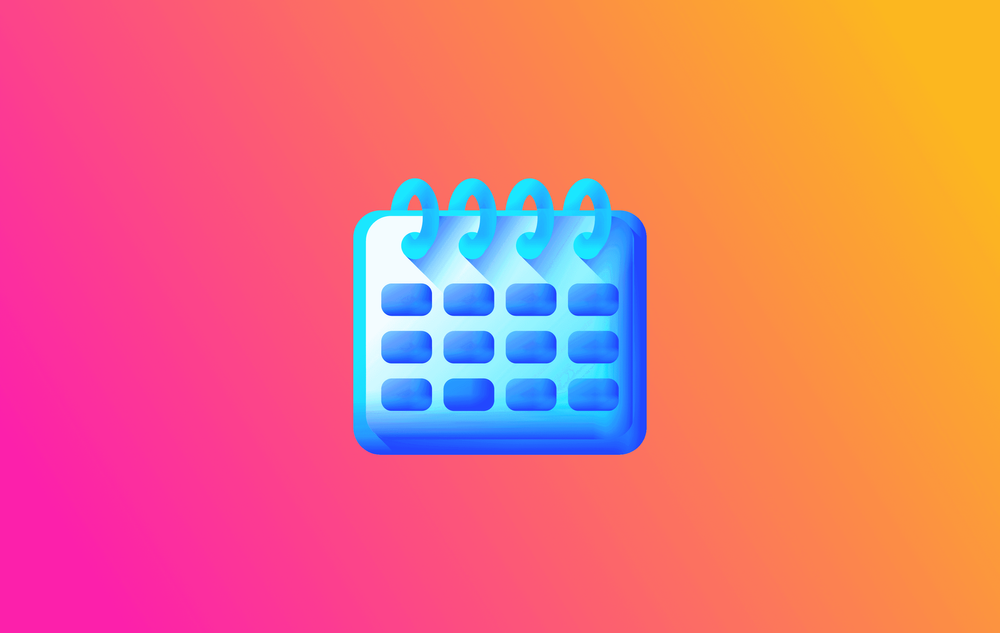Can I Get a Mortgage: If I’m Self-Employed?
Andy Thomson on 10 April 2025
Being self-employed comes with loads of perks - setting your own hours, being your own boss, and maybe even working in your slippers. But when it comes to getting a mortgage, things can feel a little more complicated.
The good news: yes, you absolutely can get a mortgage if you’re self-employed. You might just need to take a few extra steps to prove your income. Let’s break it down.
What Counts as Self-Employed for a Mortgage?
Lenders will usually consider you self-employed if you own more than 20-25% of a business and your income comes from that business. That includes:
-
Sole traders (your income = your profits)
-
Limited company directors (salary + dividends)
-
Contractors/freelancers (project-based work, short-term contracts)
-
Partners in a partnership or LLP (Limited Liability Partnership) (your share of the business profits is used to assess your income)
Each setup has its own mortgage requirements, which we’ll cover below.
1. How many years of accounts do I need?
Most high-street lenders require at least two years of accounts, while some prefer three. If you only have one year, don’t panic - specialist lenders may still consider you, but you might face:
-
Fewer lenders to choose from
-
Higher interest rates
-
Stricter affordability checks
A mortgage broker can help identify lenders willing to work with newer businesses.
2. How do lenders assess self-employed income?
This is where it can get a bit fiddly - especially for company directors, partners and those with seasonal income.
If you're a sole trader:
Lenders usually average your net profit over the last two or three years. If your profits have dropped recently, they may only use the most recent year.
If you're a limited company director:
Lenders may assess:
-
Your salary + dividends (what you’ve paid yourself)
-
Others may accept net profit before tax (if you own a large enough share in the company)
Here’s where it gets tricky: If you’ve taken large dividends in one year that don’t match the company’s profit, lenders may ignore the dividend figure and base things on net profit instead - which could reduce your borrowing potential.
If you're a contractor/freelancer:
You’ll likely need:
-
A strong track record of contracts (ideally 12+ months)
-
Proof of future work
-
Some lenders may average your day rate over a full year
If you're a partner in a partnership or LLP:
Lenders will assess your share of net profit from the partnership accounts. You may need to provide:
-
SA302s and Tax Year Overviews
-
Your share of the profit from the accounts
-
A partnership agreement or confirmation of your profit share
Some lenders may require at least 12 months of partnership history and may want to see proof that your profit share is sustainable.
3. What Documents Do I Need for a Self-Employed Mortgage?
Requirements vary slightly, but you can usually expect to provide:
-
SA302s and Tax Year Overviews (from HMRC)
-
Full company accounts (if you're a director)
-
Partnership/LLP accounts (if applicable)
-
Business bank statements (typically last 6 months)
-
Contracts or invoices (especially for contractors)
For seasonal income (e.g. construction or retail businesses), lenders may require a longer track record or proof of income consistency.
4. Applying with a partner who works in the business?
This comes up a lot. Let’s say you’ve recently employed your partner in your limited company, and now you’re applying for a mortgage together.
If your latest company accounts don’t cover a full year of paying them a salary, lenders may ignore their income entirely. From their perspective, there’s no proven track record yet. In this case, it may be best to:
-
Wait until your next set of accounts includes their income fully
-
Consider applying solo if your income is strong enough
5. How Klink Can Help With Your Self-Employed Mortgage Journey
Being self-employed means your finances can fluctuate, which is where Klink comes in. The Klink app helps you:
-
Build your home goal and get a clear timeline of when you’ll be mortgage-ready
-
Use open banking insights to see where you can cut back and save
-
Check your mortgage readiness score, which highlights any red flags in your banking behaviour
-
Learn more with bite-sized educational content and quizzes so you’re better prepared for the process
Klink is like having a personal financial coach in your pocket.
The Bottom Line: Getting a Mortgage When Self-Employed
Yes, securing a self-employed mortgage takes more paperwork, but it’s definitely achievable. The key steps are:
-
Understand what lenders are looking for
-
Prepare your documents early
-
Be ready to explain how your income works
-
Use smarrt tool like Klink to build a stronger financial picture
With the right preparation, you’ll be picking up the keys to your new home in no time!
Download Klink today and start planning your journey to homeownership the smart way.
Categories
Recent posts
Tag Cloud
Related Blogs
MORTGAGE READINESS
Jan 24 · 4 min read
If you’re a first-time buyer or a renter pondering the possibility of trading rent payments for mortgage repayments, the good news is that the answer isn’t as daunting as you might think
Read MoreMORTGAGE READINESS
Feb 21 · 5 min read
This guide will walk you through what you need to know, what might cause issues, and how first-time buyers differ from other mortgage applicants.
Read MoreMORTGAGE READINESS
Jul 17 · 4 min read
The journey from viewing dream properties to getting the keys can be interrupted by an unexpected hurdle: a rejected mortgage application. Here are ten common reasons why your mortgage application can be rejected.
Read MoreWant to know more about Klink?
Make a date with home ownership by joining our growing community


